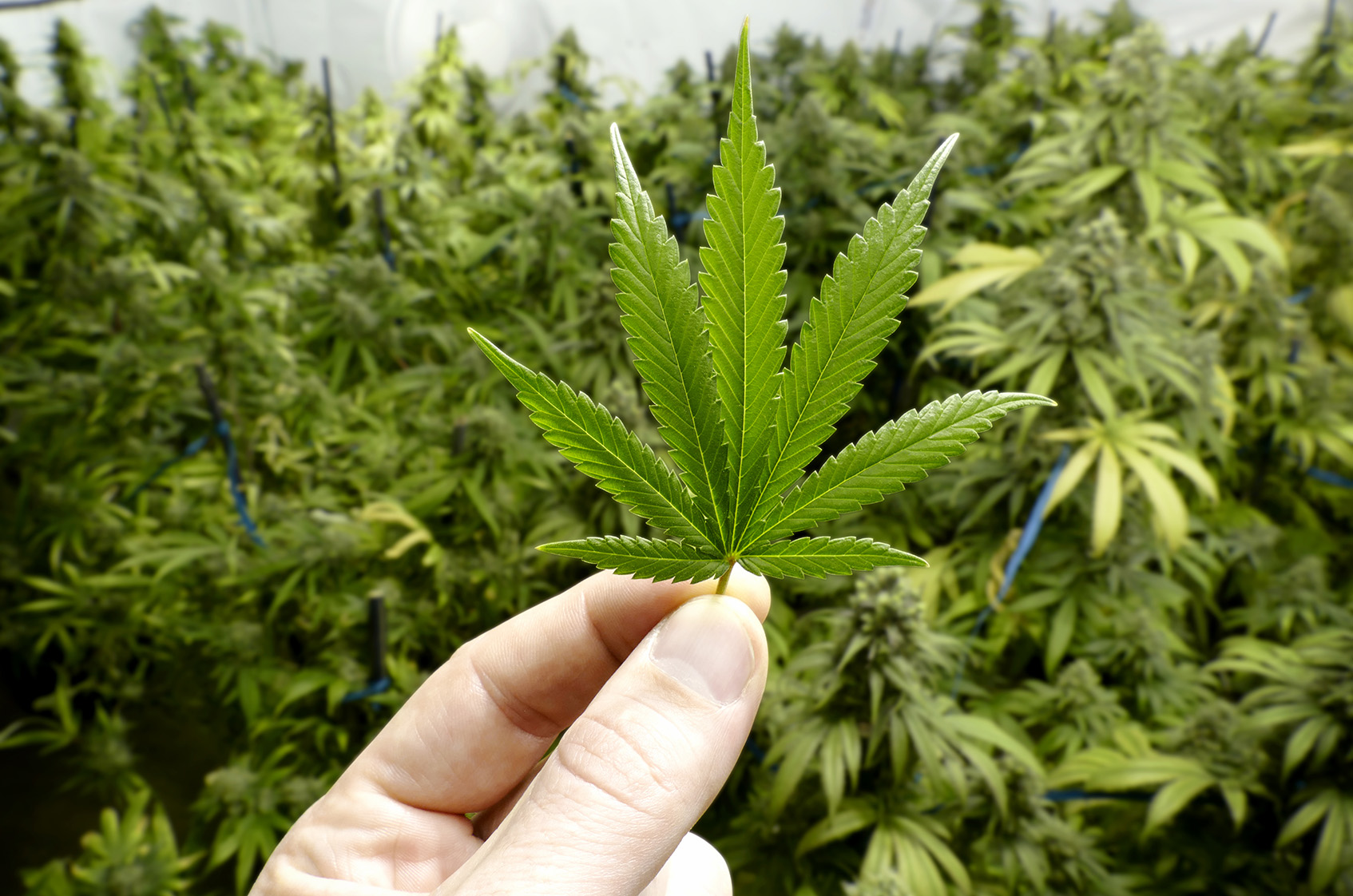Experts Say Cannabis Industry Helped Lower Canada’s Unemployment Rate
Has the legalization of weed created jobs in Canada?
With the weed industry’s continued growth, it’s no surprise that Canada is starting to feel its positive side effects. According to new figures from Canada, unemployment rates have gone down in the last month after the legalization of weed.
Data published by Statistics Canada showed that unemployment in Canada fell by 0.2% in November alone.
This means that the country’s current unemployment figure stands at 5.6%.
This is notably the lowest unemployment since 1976, which is the first year such data was gathered.
According to the report, six Canadian provinces had improved in numbers related to unemployment. Moreover, the private sector had seen the most growth within the same period, while the public sector figures remained largely the same, mirroring the number of self-employment jobs.
According to the latest data, Canada’s unemployment rate dropped to one of its lowest levels ever last month. Interestingly, the country’s rapidly growing legal cannabis industry played a notable role in this trend and at this point, it seems likely that the industry will only continue to grow as demand for legal weed remains strong.
New Employment Stats
The newest employment statistics are out for November 2018 and they were recently published by Statistics Canada. According to these numbers, unemployment in Canada fell by 0.2 percentage points in November.
This leaves the current unemployment rate at 5.6 percent across the country. Interestingly enough, Statistics Canada says that is the lowest it has been since employment data was first gathered back in 1976.
The report also stated that employment rates were up in six Canadian provinces in addition to private sector jobs having shown the most growth.
Meanwhile, the number for both self-employed and public sector jobs remained more or less static.
Legal Weed Industry Showed Massive Growth
It’s interesting to note that Statistics Canada devoted most of its report to the cannabis industry. Since the legalization of weed on October 17, the industry has shown strong signs of continuous growth.
The report said that in November, a total of 10,400 jobs created could be attributed to the Cannabis industry.
The number is much higher than last year’s with more than 7,500 new jobs added to the economy. The new figures represent a growth of 266% in just one year.
Statistics Canada broke down the numbers according to industries and specific demographic lines. Below are some of the most important findings;
- The agriculture industry contributed for 58% of all jobs in the cannabis industry. Other fields such as educational services, retail and healthcare took up the remaining 42%.
- On average, workers in the legal cannabis industry clocked hourly wages of $29.58, higher than the national average wage of $27.03 per hour.
- More men than women worked in the cannabis industry in November. Men made up 79% of all jobs and women the remaining 21%.
- Most cannabis industry employees are young. The report recorded a median age of 35 years, which is lower than the median for all non-cannabis jobs at 40.
- Ontariocreated the most weed-related jobs, with over 5,700 jobs.
High Demand for Legal Weed
There’s no denying that much of the growth comes as a result of increased demand for legal weed. When weed became legal in October, many shops registered booming business and saw exenstive customer demand.
The demand was so high that many dispensaries and wholesale stores ran out of the product. Others had difficulties restocking fast enough to cope with the many customer requests..
Ultimately, the initial demand for legal cannabis has been so high that experts predict it could take the industry anywhere between 12 and 18 months before the supply of weed and weed-related products will match the demand.
The industry is expected to expand, potentially opening the door for more jobs.
Additionally, colleges and universities are starting to offer cannabis related programs, a trend that could add to the number of professionals working in the cannabis industry.

